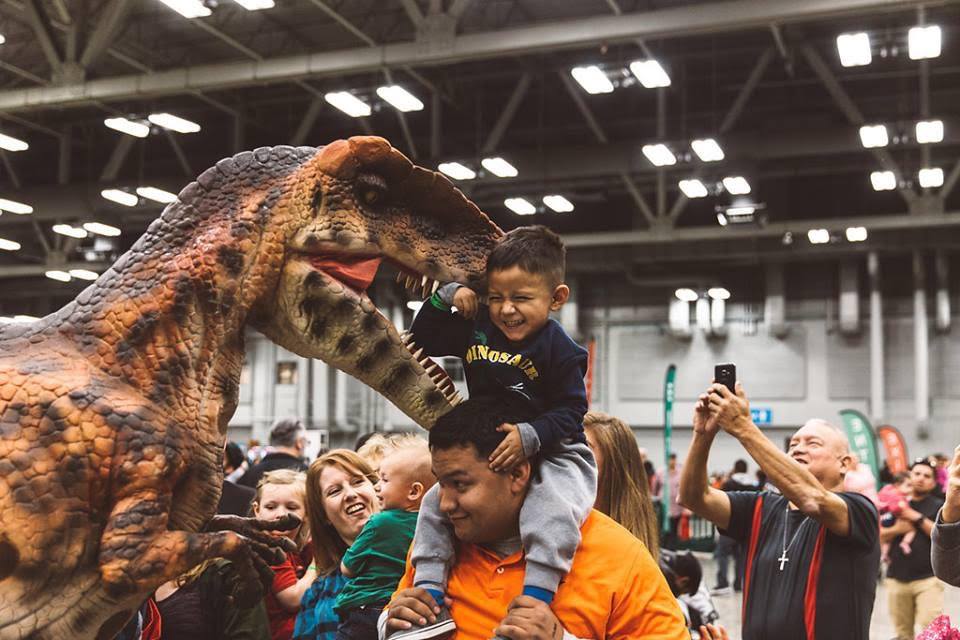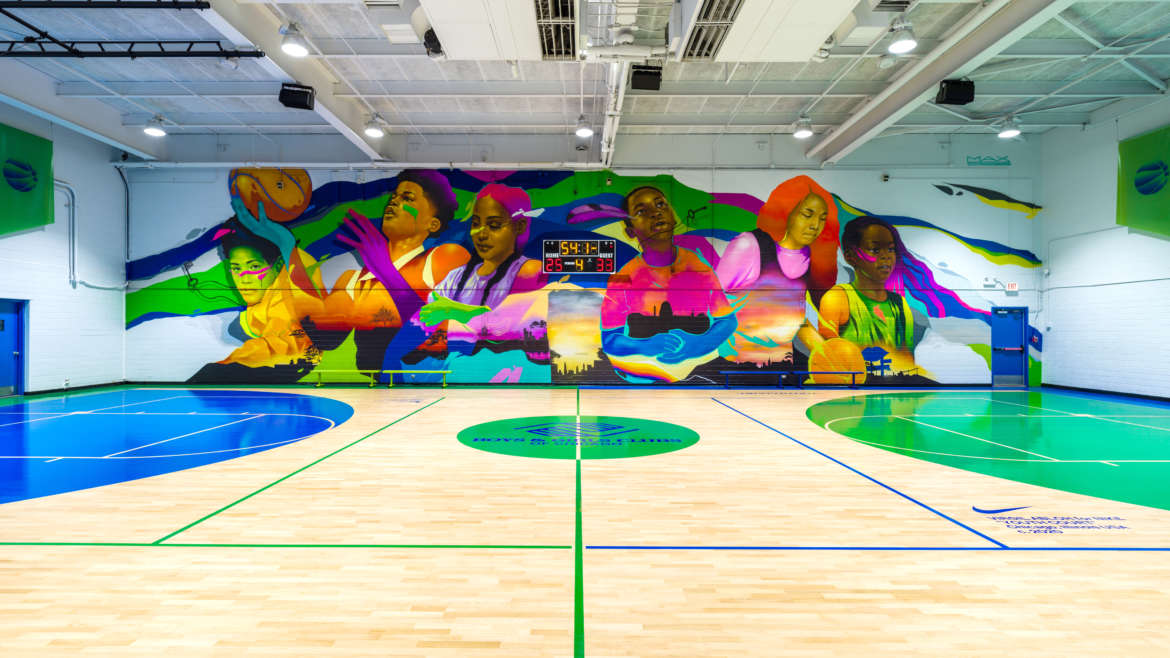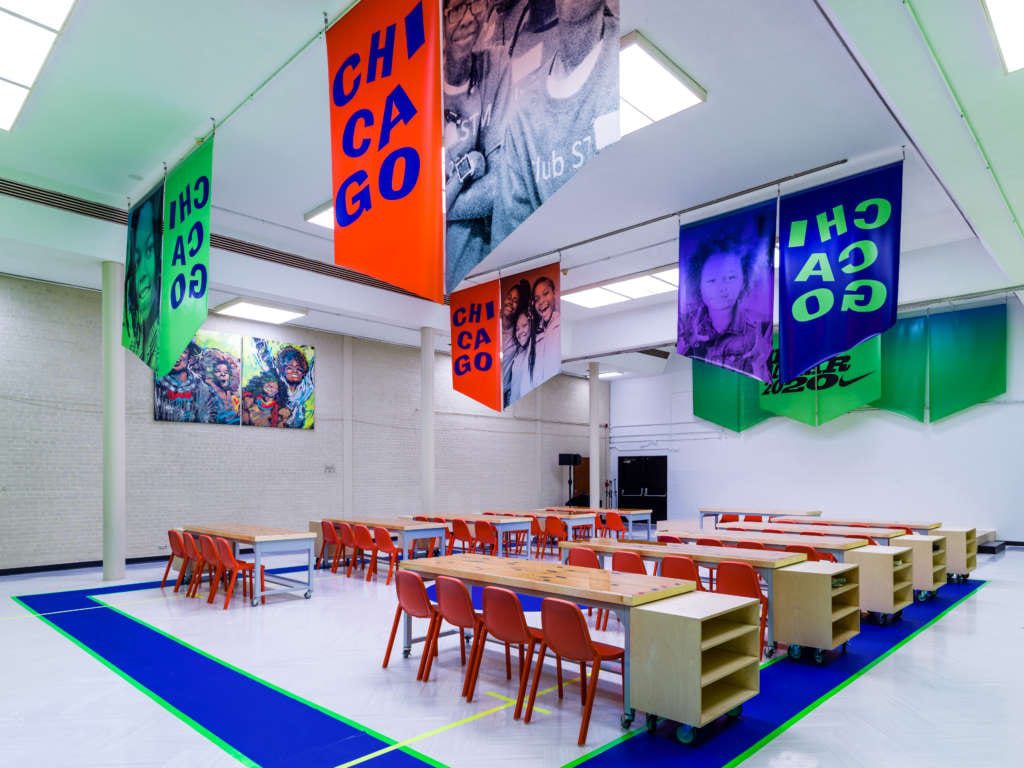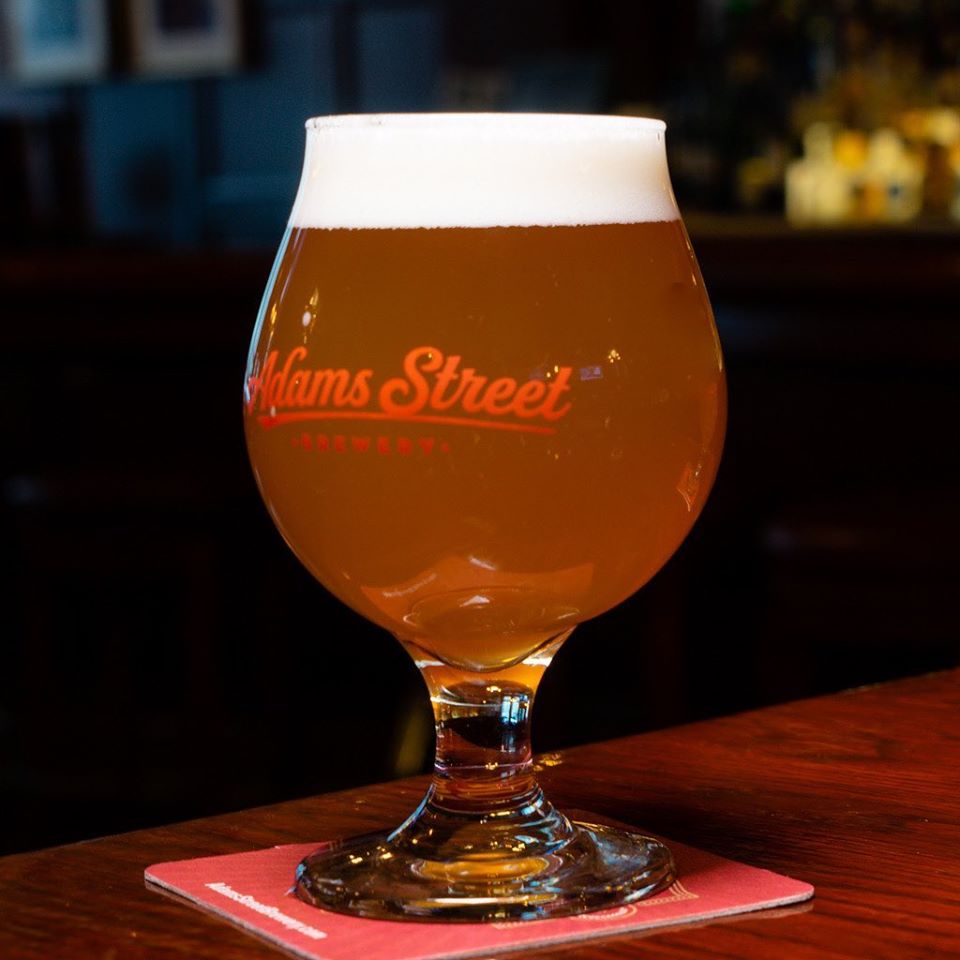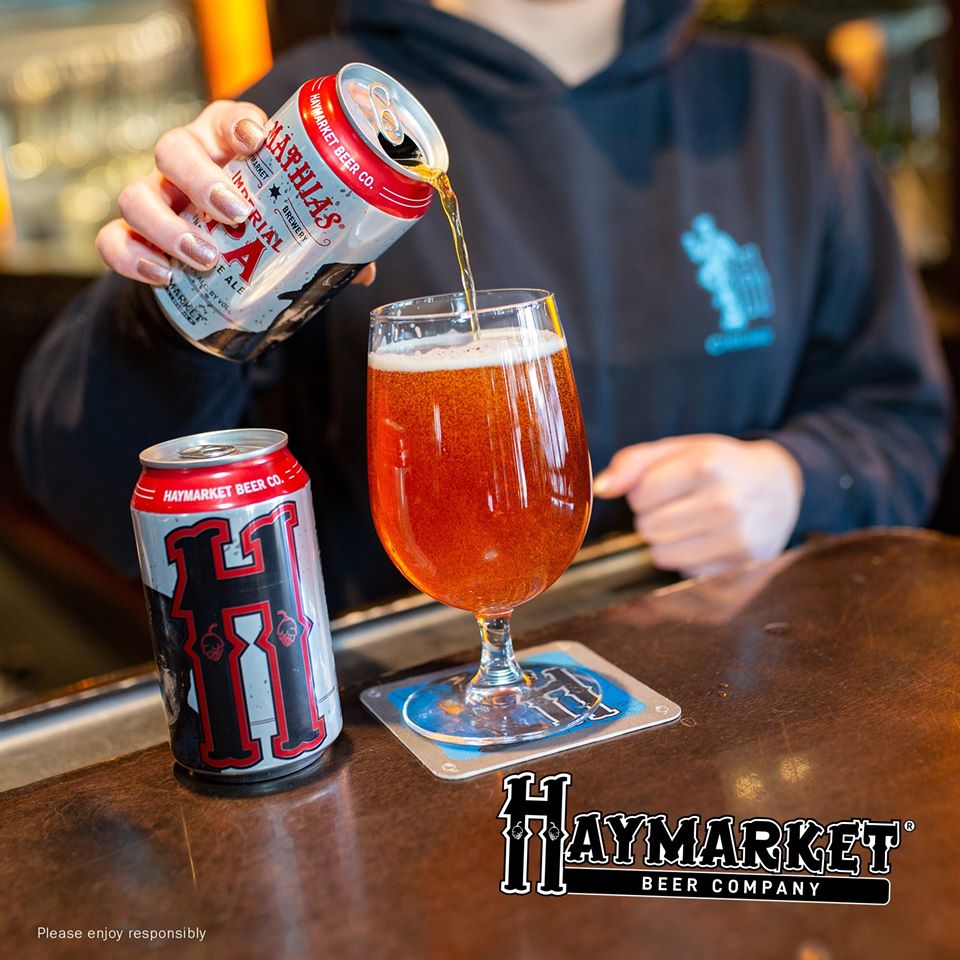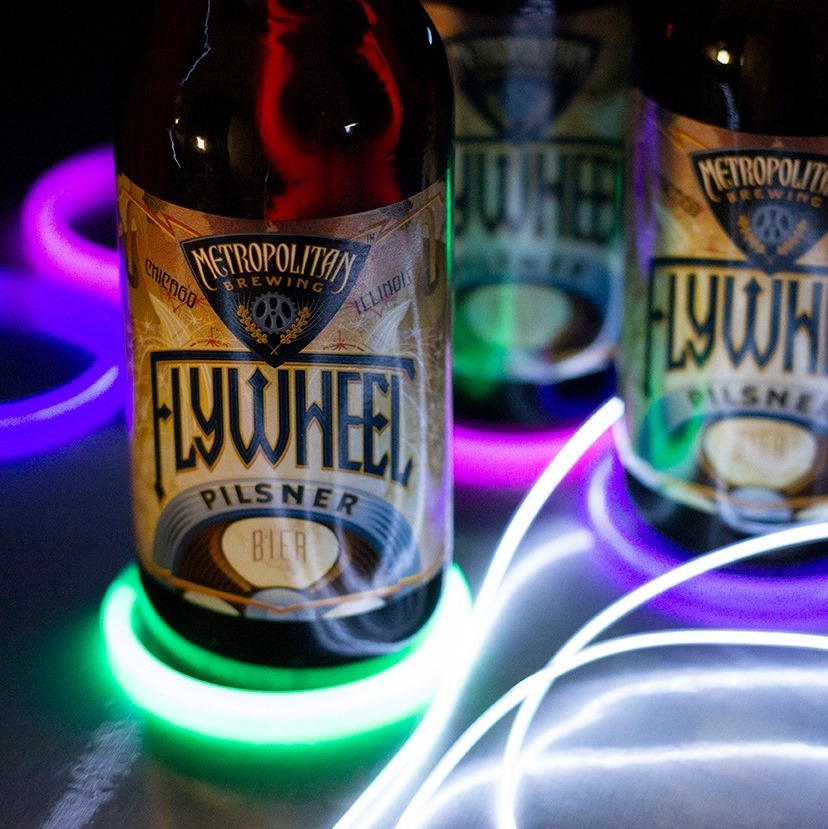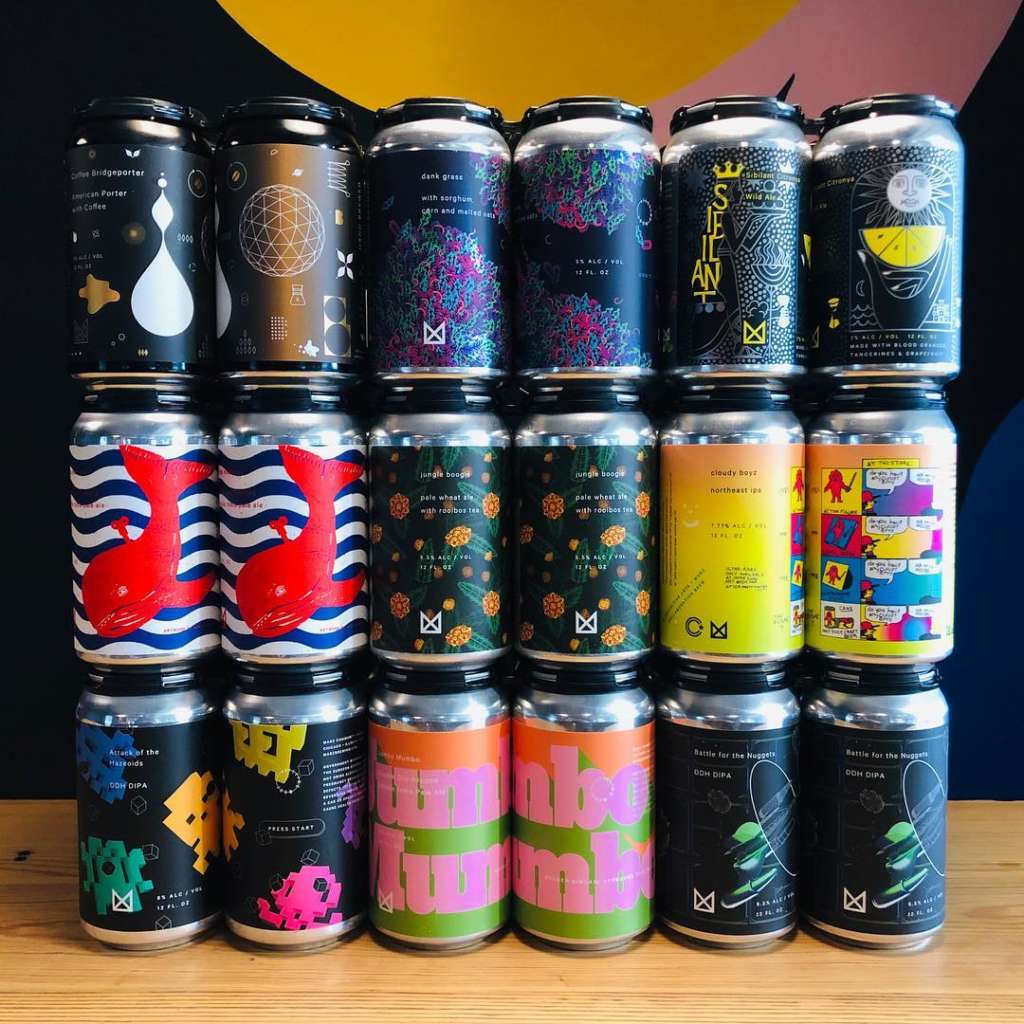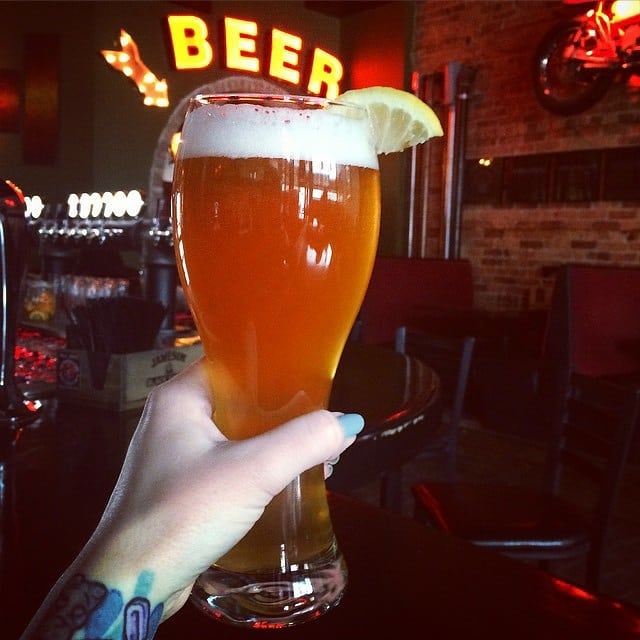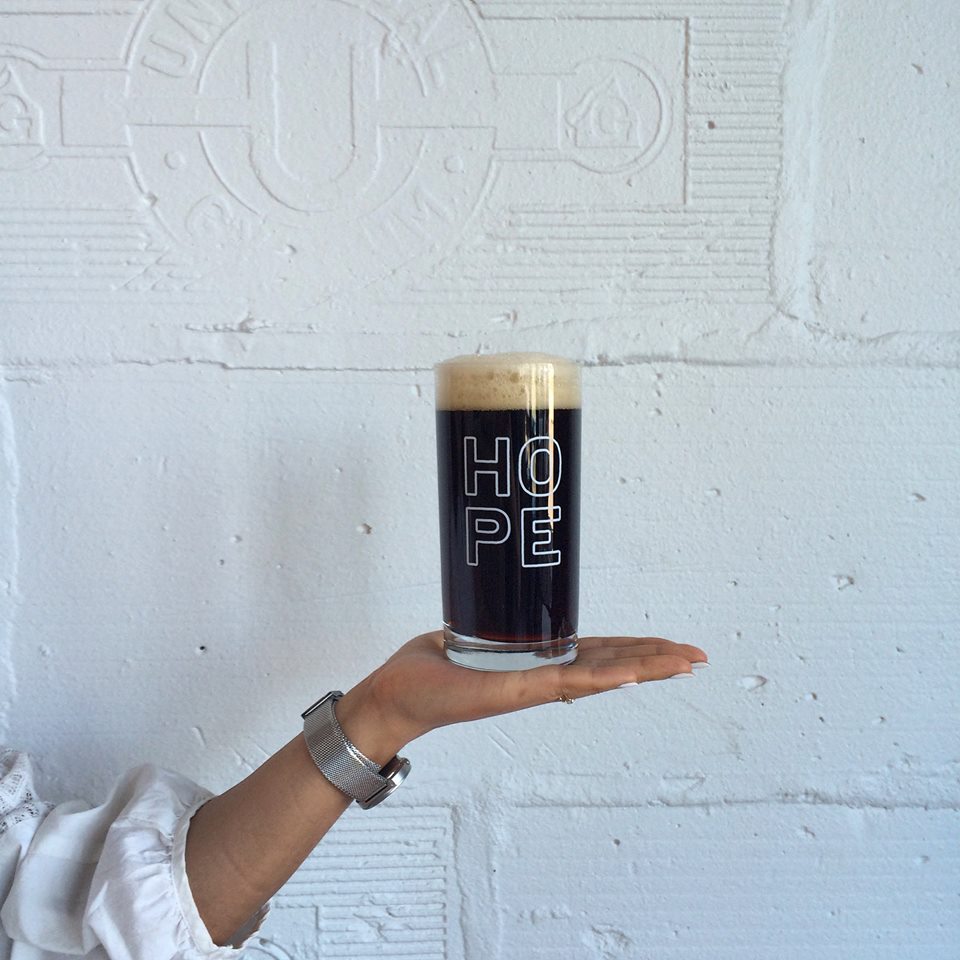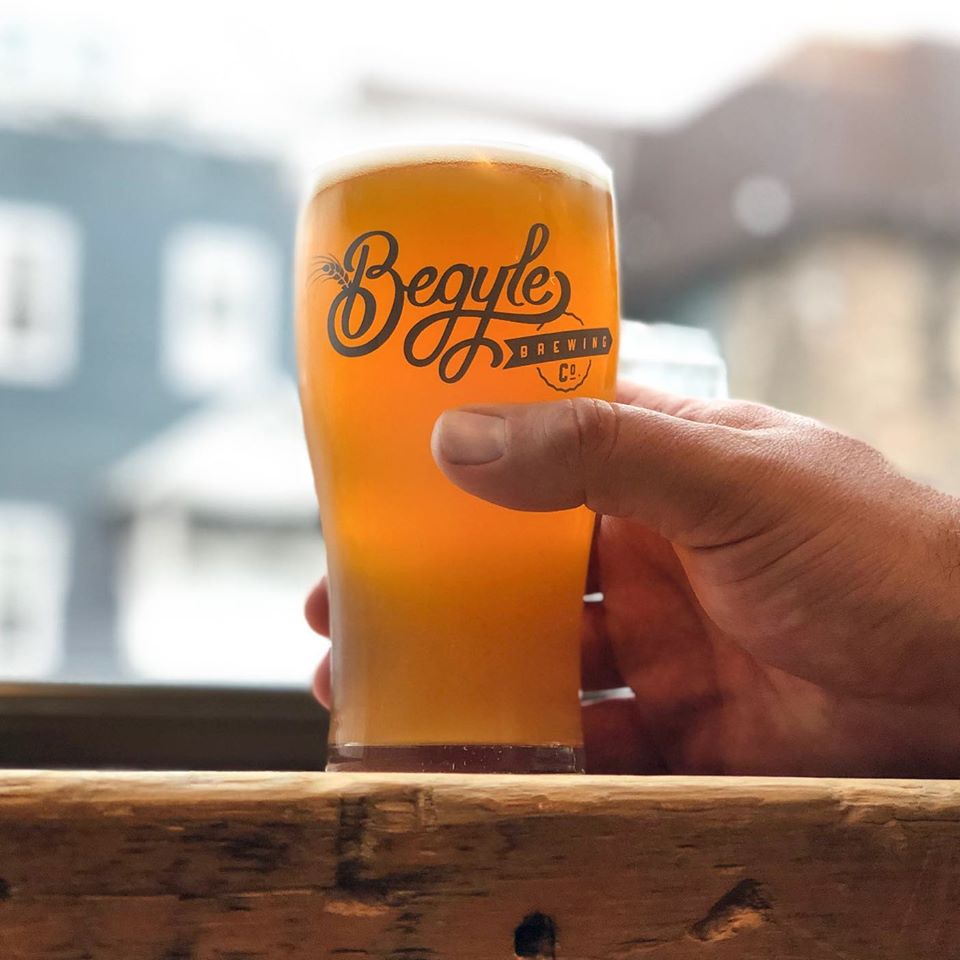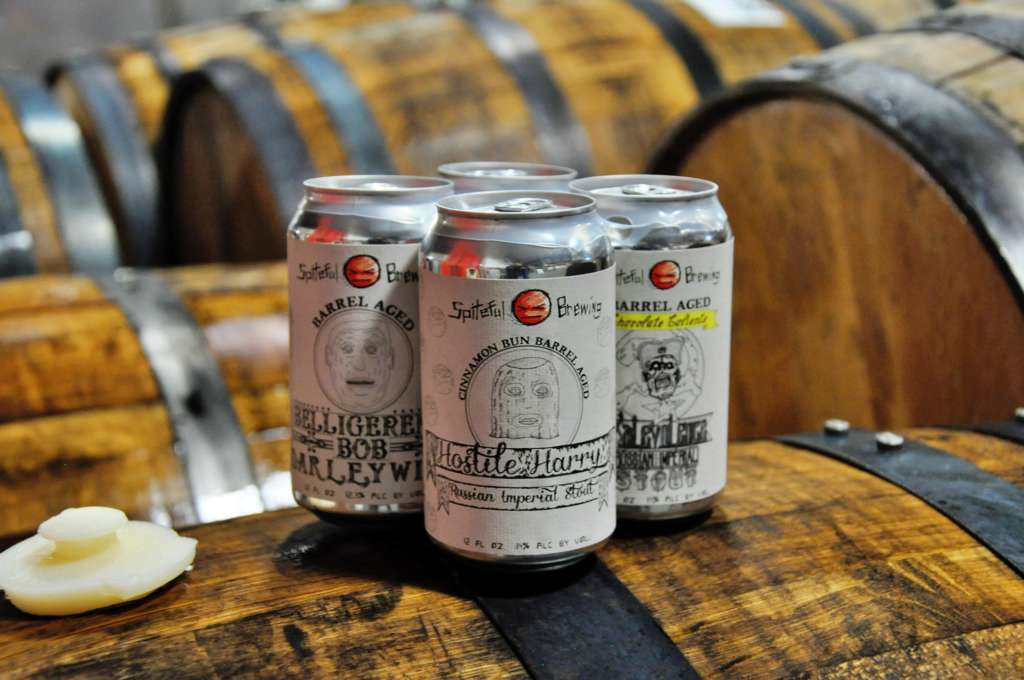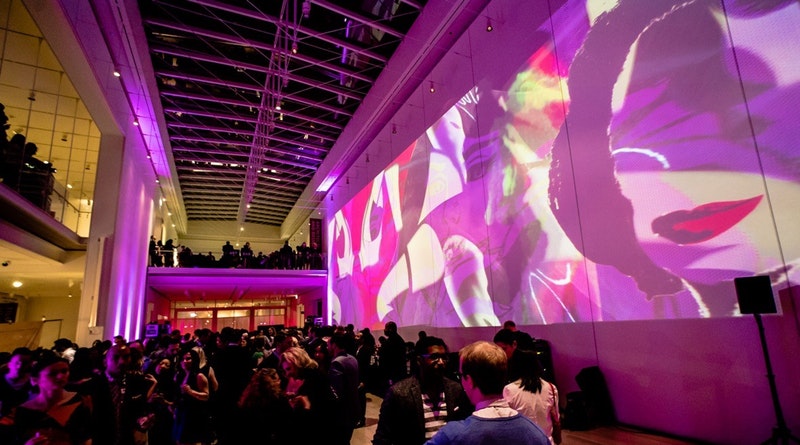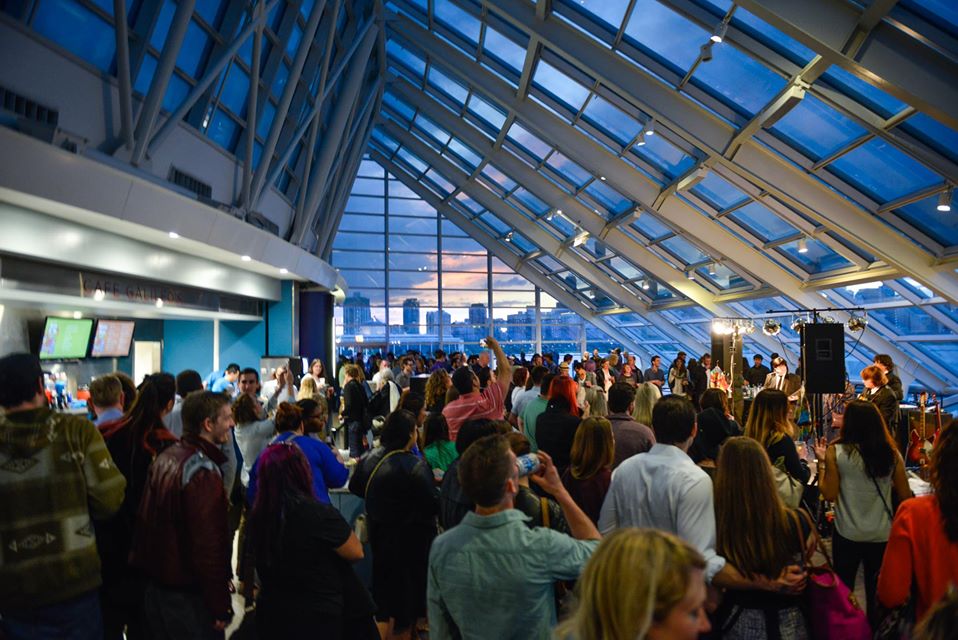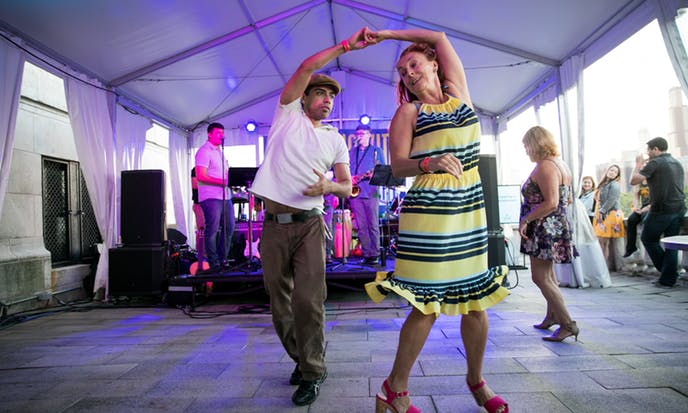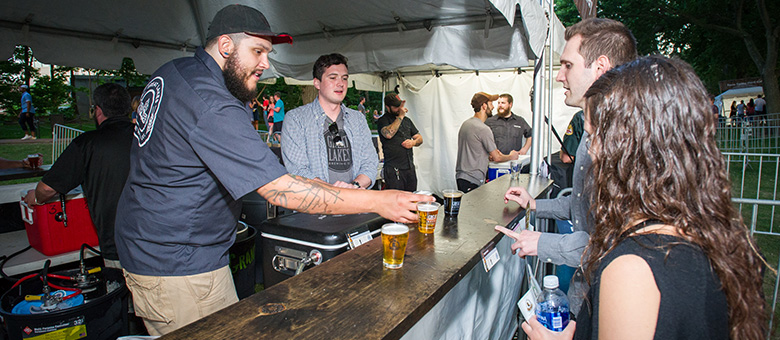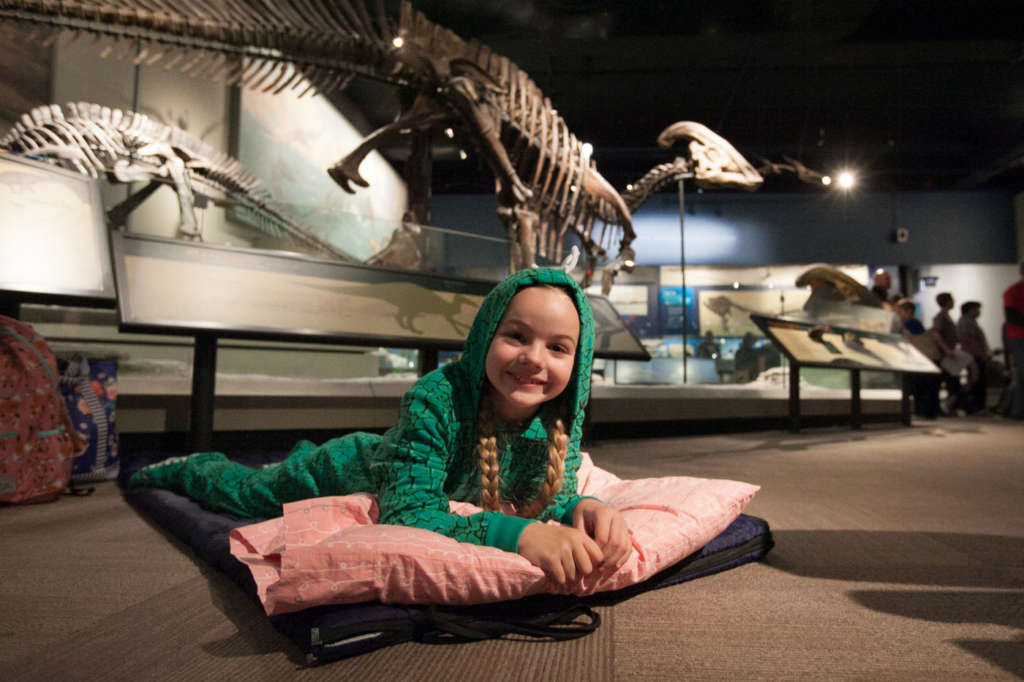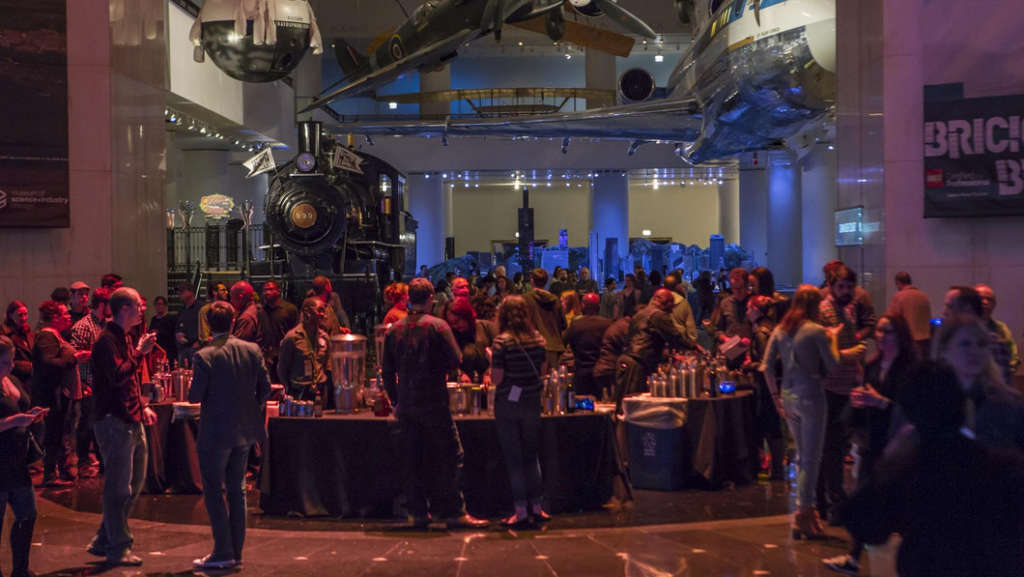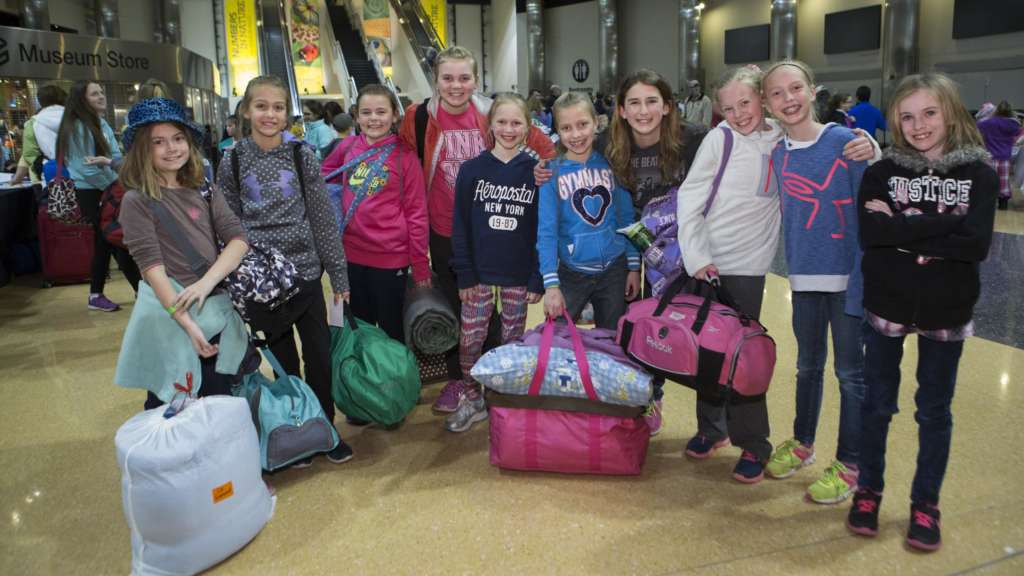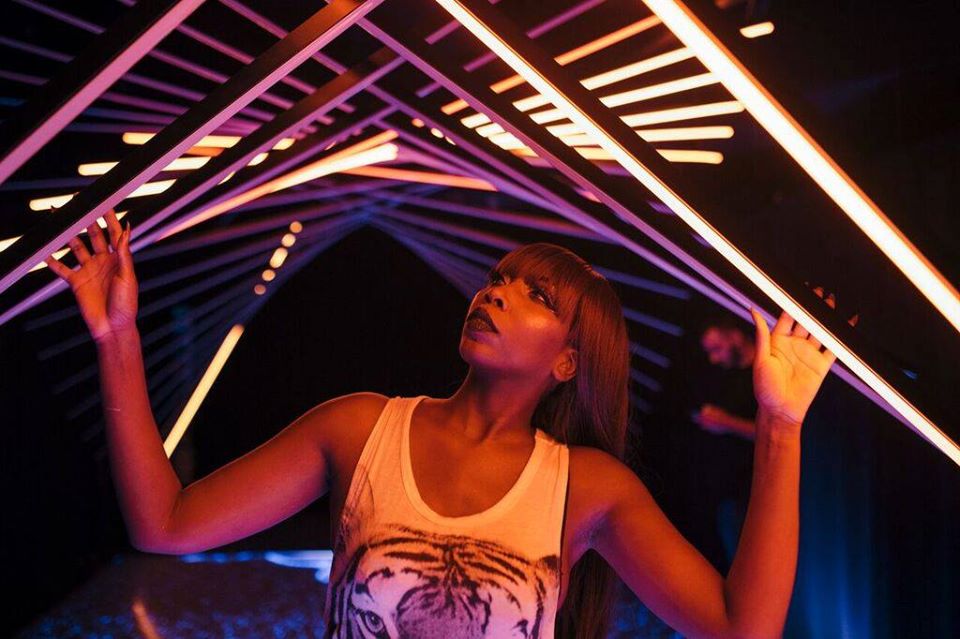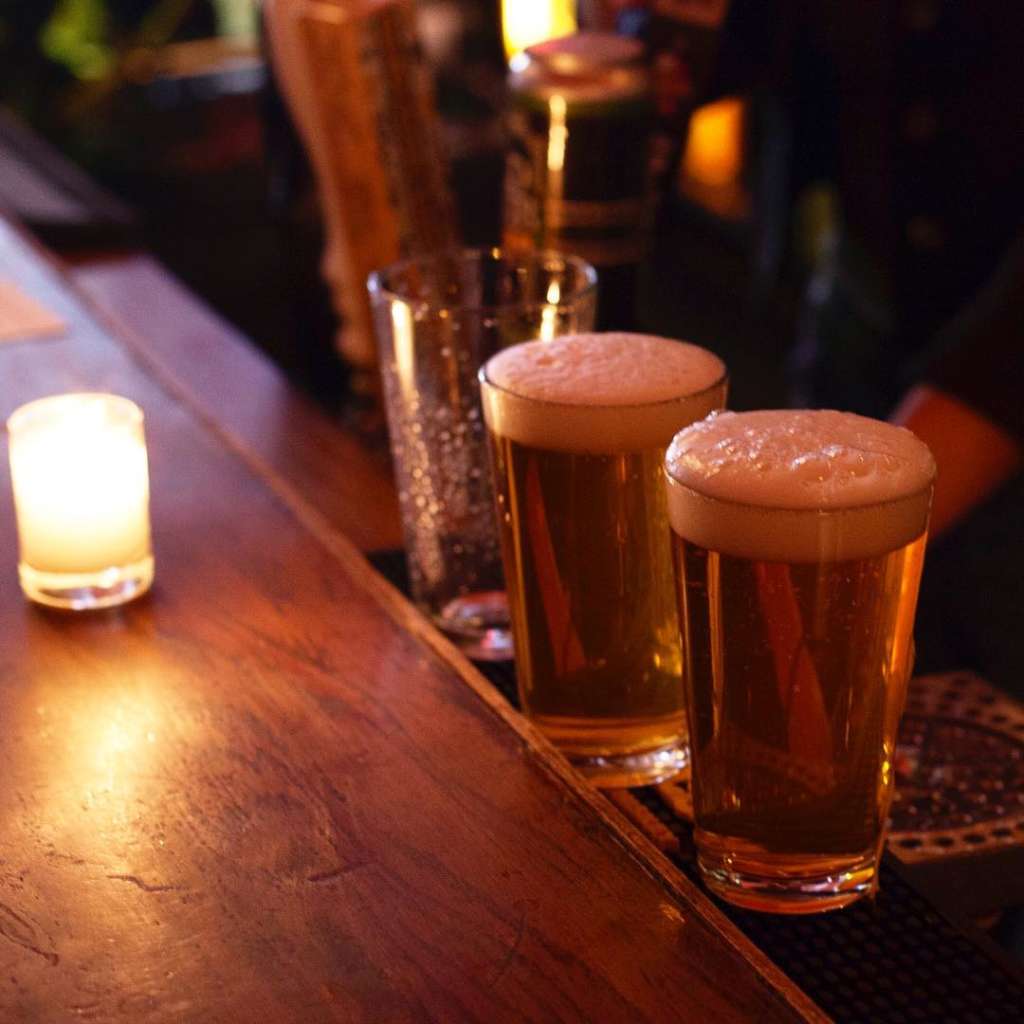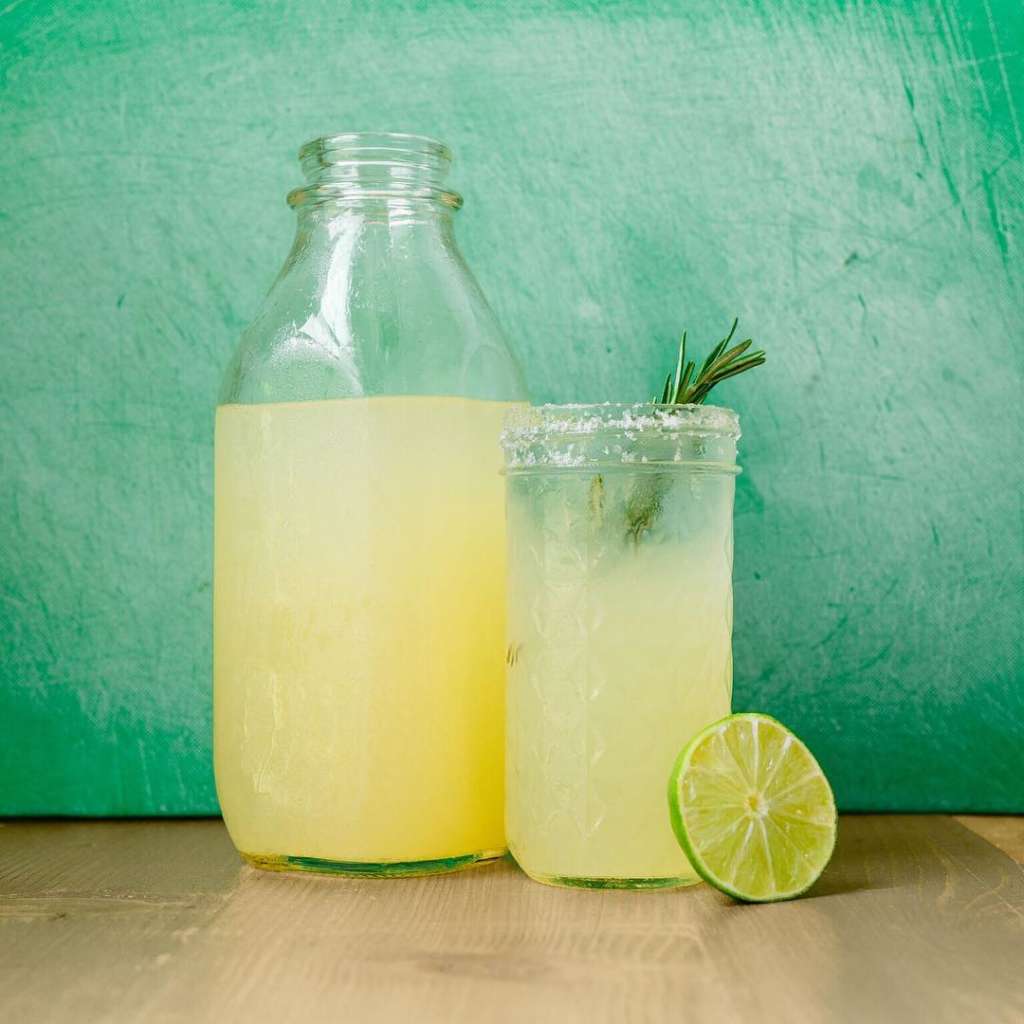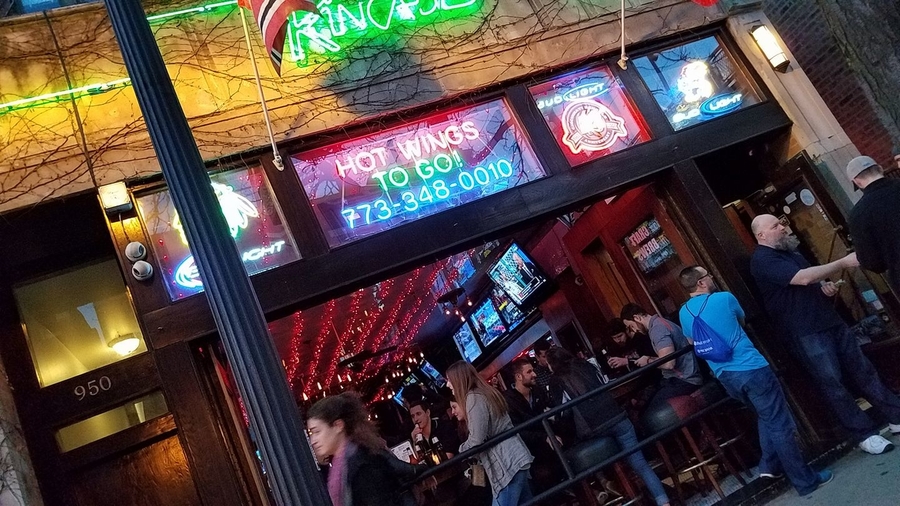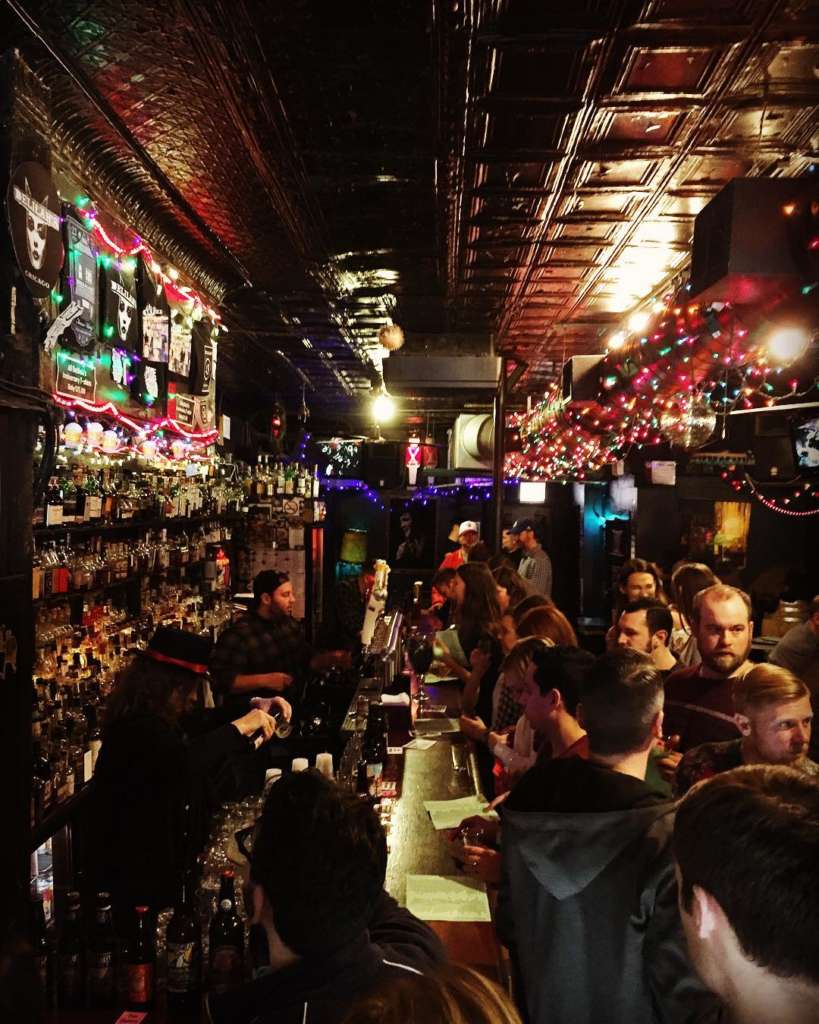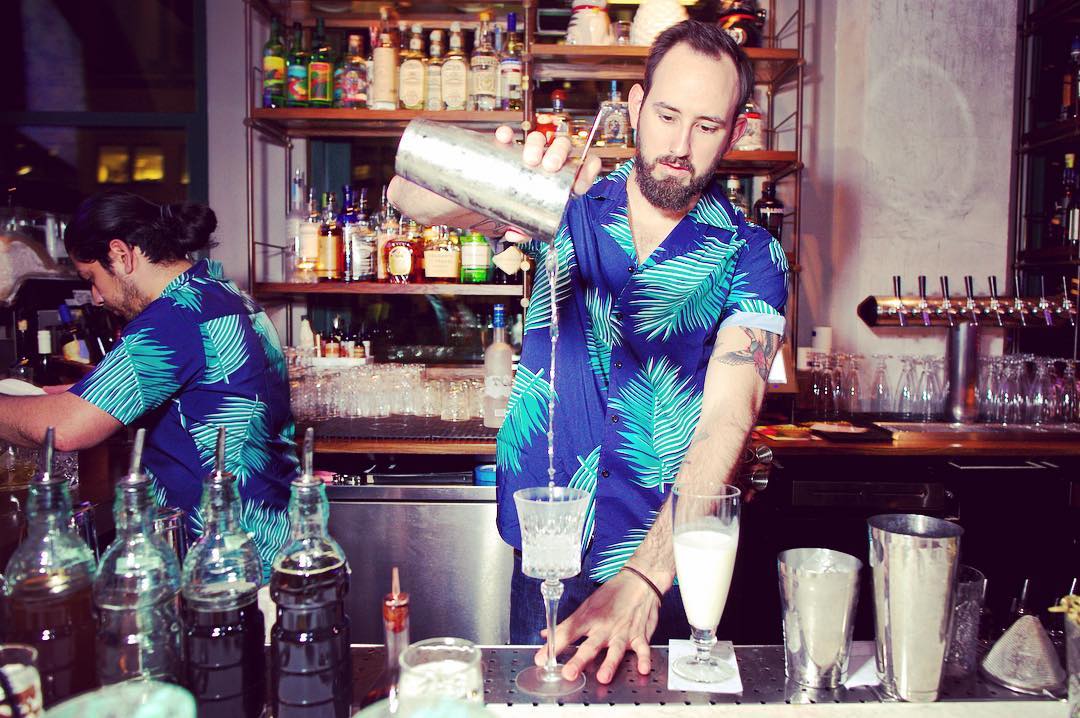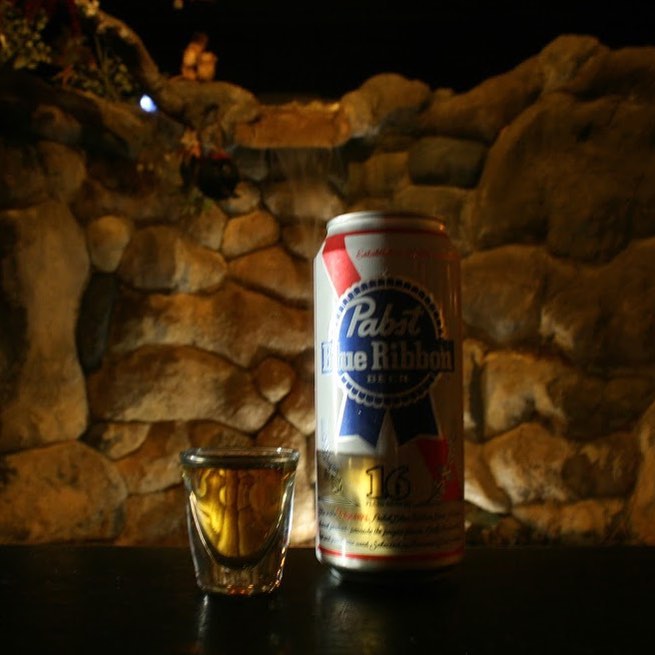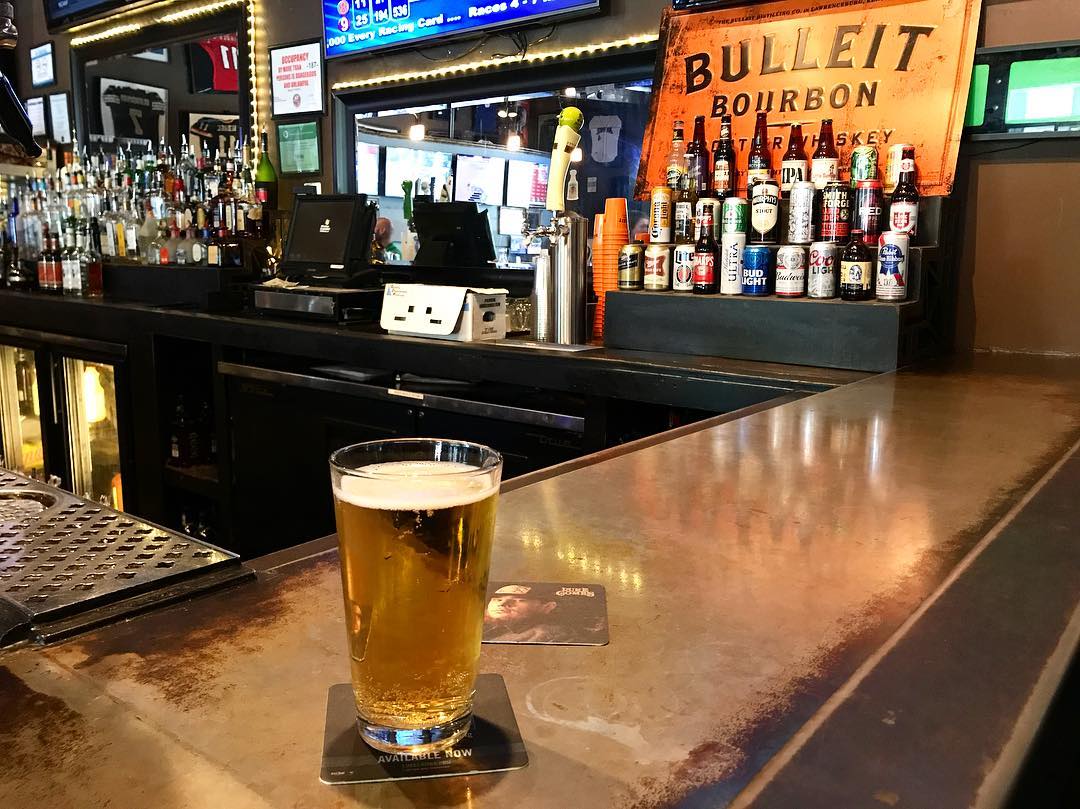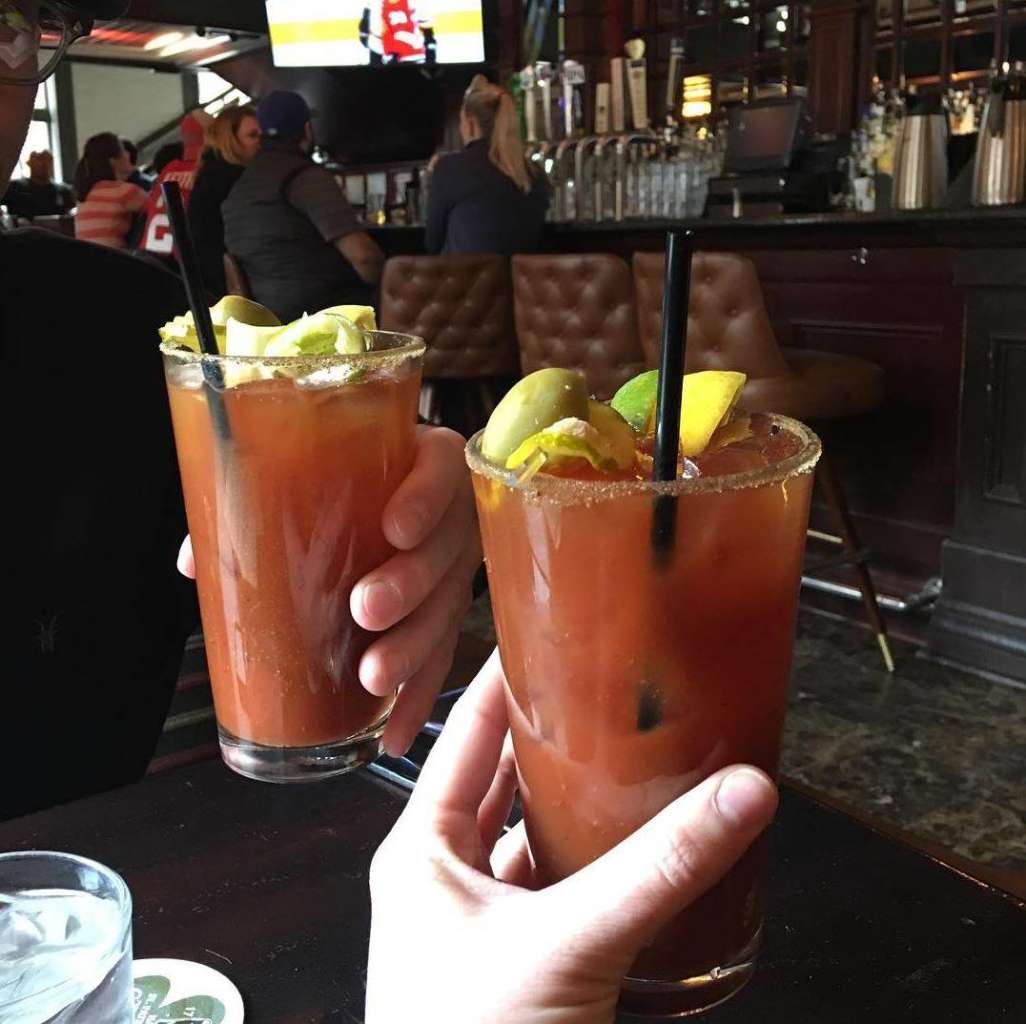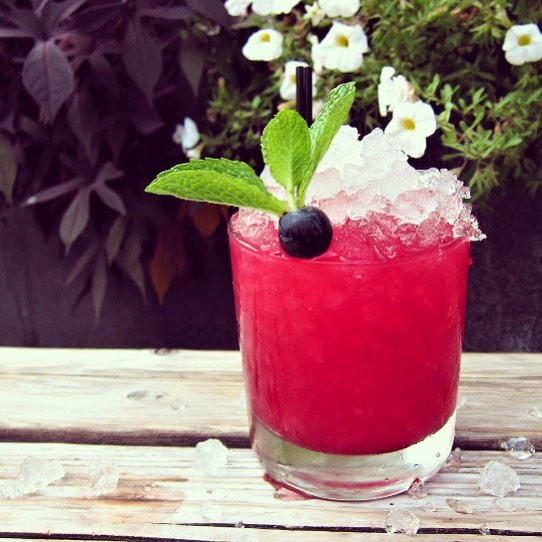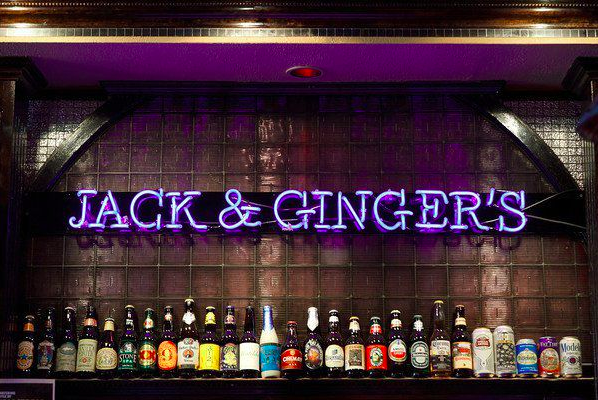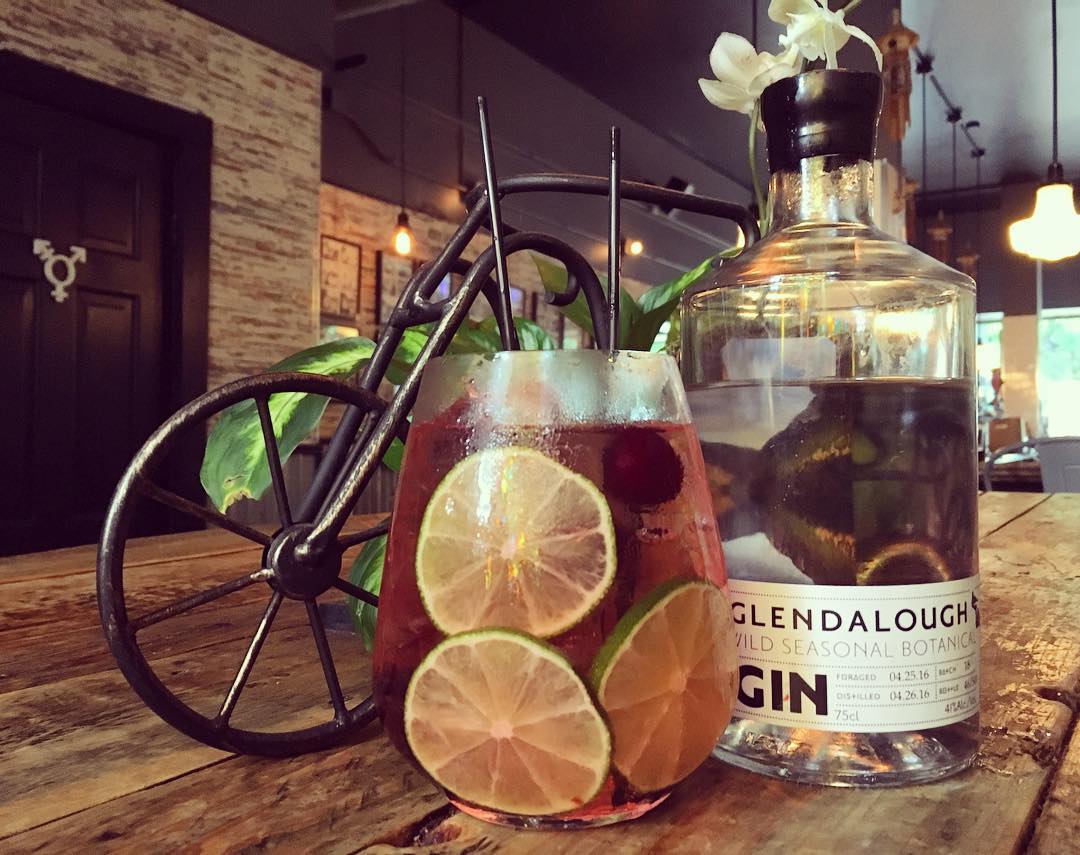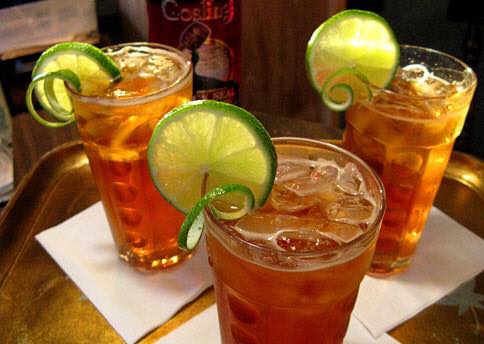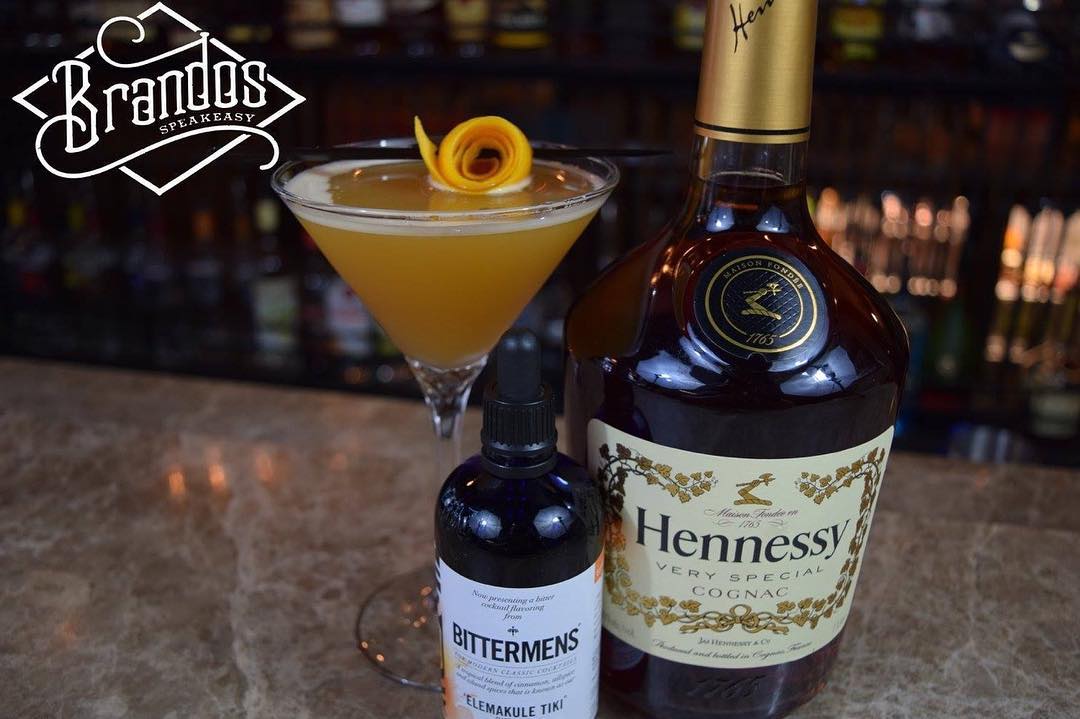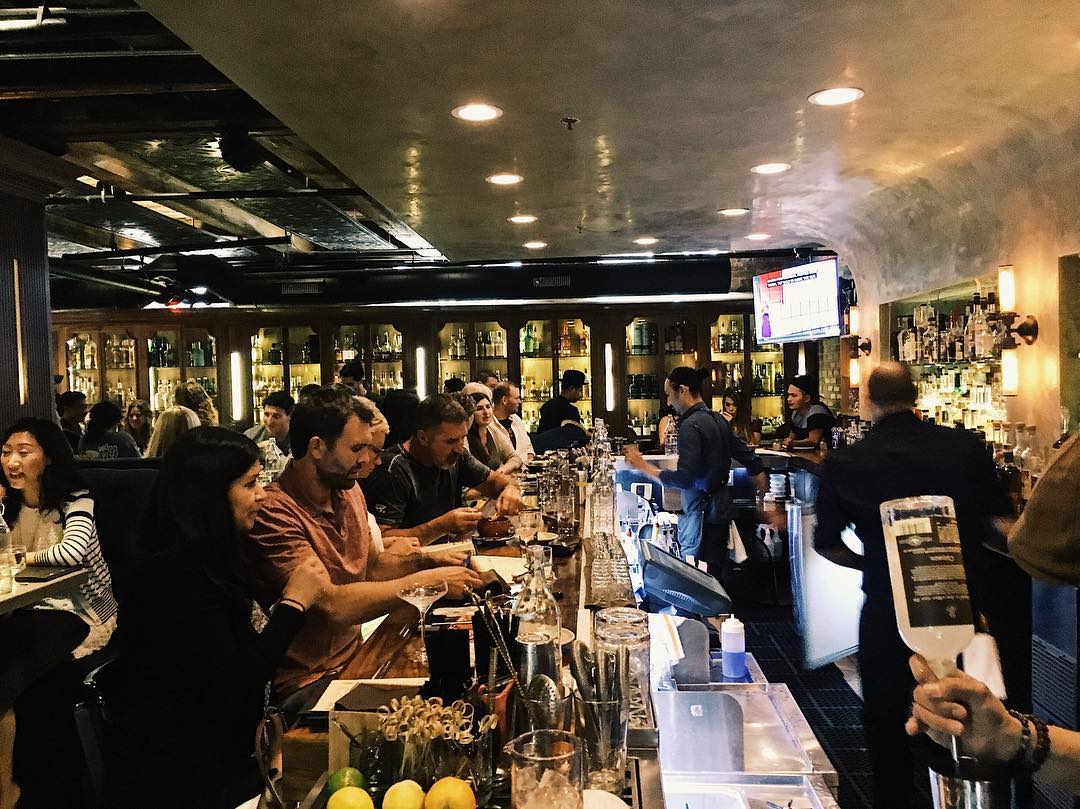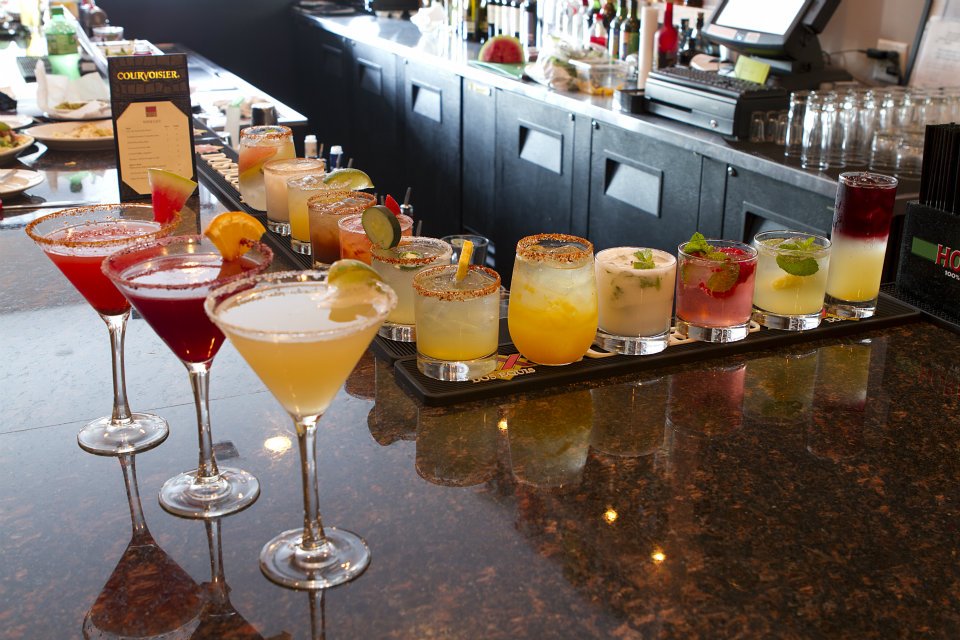It reached almost 100 degrees in Minnesota on the day that Erica and Adam got married. Frank cried. I did, too, but it was because I was happy.
I reached for his hand and he jumped in his seat. I scared him. After the ceremony, I asked Frank if he was crying because he was emotional, perhaps thinking about us getting married one day?
“No, that’s not why I was crying,” he said.
I stopped on the dirt path we were following to the reception. The air was humid and the ground felt like cake beneath our feet; the block of my suede heel sank into its sponge as beads of sweat chased each other down my back.
I waited for Frank to realize I had stopped walking.
“Do you still want to marry me one day?”
“Jesus Christ, Kaylen.”
“Is that a yes . . .?” I was wearing all white.
Exactly three weeks later, Frank broke up with me over FaceTime. It was a Saturday morning, and I’d propped my phone against a sturdy candle on the coffee table in our living room.
Wearing a sweater over my favorite nightie, I savored the comfort of our couch and held a mug that once held a bouquet of flowers he’d sent to work on my birthday.
Frank held his phone in front of his face while he spat dip juice into a Gatorade bottle and told me he was unhappy. His lip fat; his voice flat.
“I put ice cream in my coffee this morning,” I said.
I needed him to know what was in my cup. It was like when I discovered the value a garlic press could lend to guacamole. Who else was I going to tell?
“Nice. Was it good?” he asked.
Sipping my drink, by now a curdled combination of oily caffeine and clotted cream, I was by no means in denial of our relationship’s dissolution.
“I have to go to work,” I said. We hung up and I dumped the remnants of my affogato in the kitchen sink.
WIthin an hour, I arrived at the bridal boutique where I was a stylist, having just been dumped by the boy I thought I was going to marry. After dating for five years, it was not an unsafe assumption.
I found my coworkers in a circle at the center of a sales floor that was vacant of customers. It was one of those perfect Gold Coast mornings, and sunlight poured in through the boutique’s second-floor windows. I wished it would rain.
“I have an announcement,” I said.
It was too early in the day for me to have lost my keys to the store, and my hair was already up, so I wasn’t in need of a ponytail holder. The girls were intrigued.
“Frank and I are done.”
Their faces fell, but their eyes sparkled. In a setting where relationship success stories were our livelihood, this was definitely going to spice up the day. I had dressed up to tell people my news–I wore an asymmetrical, one-shouldered crop top over Frank’s white button-down with a fitted pencil skirt. I planned to look the part of a well-adjusted, stylish woman while relaying the details of how my life was going up in flames.
Frank left for a business trip two weeks before the breakup, just a few days after the wedding in Minnesota. What was supposed to be a routine, five-day trip turned into weeks of him all but ignoring my texts and calls. The girls and I knew something was up, and I had left work the day before promising I’d have answers by the time I returned.
“Frank and I are done.”
My delivery was crisp, but the words were chewy in my mouth. I swished the sounds around with my tongue and tried to determine, “Is it too salty? Undercooked? Please, tell me what I need.”
My store is staffed by a rotating roster of women who range in age from 20 to 60 years old, and who mostly all check the “in a relationship box” at the OB-GYN. My breakup officially made me a single woman employed by a brand that caters exclusively to the newly engaged, by default and design.
Frank and I moved to Chicago two years prior, and I started working at the bridal boutique almost immediately. As a self-imposed and societally sanctioned pressure to solidify our romantic history steadily crept in during our first year in the city, our underlying incompatibility emerged in step. We held our breath while our relationship treaded water. We had the perfunctory air any long-term couple perfects over the years: Is the dishwasher clean or dirty? How are we splitting time on Christmas Eve? Did you buy garbage bags? Are we having sex tonight?
But as I spent my days with a revolving door of brides-to-be, the professionality of our interactions reinforced a healthy barrier between me and them–the engaged girls–that masked the more meaningful disconnect of my own relationship. They wanted to marry their partners, and I was getting mad at mine for putting olive oil in his hair when he ran out of pomade.
I’m good at my job. I have helped many women say yes to the dress. The journalist in me knows the right questions to ask, and my oldest-sister mentality makes it easy for me to convey that “I’ll be the one in charge here today.”
It wasn’t until I had one foot stuck in the Minnesota mud, curls limp, back sweaty, that I snapped. We’d attended five weddings in a year and a half. I kept thinking ours would be next without pausing to consider whether that was even what I wanted.
“Frank and I are done,” I told the girls at the boutique.
Ana told me to step down from the chair I’d climbed to make my announcement and go sit in the gown gallery, so I did. Someone fed me a dry bagel, and I don’t really remember the rest of that afternoon, the first day I began healing my heart in the most unlikely of places.
It was only a few days later that I stood behind my morning appointment as she looked at me in the three-way mirror.
“Are you married?” she asked.
“No, I’m not,” I shot back. “And I’m going through a nasty breakup with the guy that was supposed to propose.”
My brain returned to my body just in time for me to witness my meltdown. This was not the place. Frank was not my future. The bride was a woman my age who was just trying to make conversation. She was a bridechilla and I’d totally zapped her zen.
“No, I’m not,” I said, with a regained calm, a tacitly implied chance for a redo–all we can really ask from each other and ourselves.
In the aftermath of my breakup, what had always felt like a benevolent, underlying “me versus them” dynamic of stylist versus client became suddenly personal. A bride-to-be’s very presence in my store necessitated she have something I did not, something I assumed I should–and would–have by now.
My workplace surroundings could have served as a constant reminder of what I thought I’d lost. The revolving door never stopped spinning, and for awhile, neither did I.
But the world kept spinning, too. Shipment of new product arrived each day a little after 3 PM. We maintained our standing champagne order with Sofia Coppola, and I alphabetized order forms before locking up the store and hopping in an Uber to meet my friends at the bar.
I packed up Frank’s things, starting with the contents of the second bedroom that we’d made his office. It’s my office now. I dropped notes in strangers’ pockets, fell in (and out) of love approximately 24 times and went for long runs on the lakefront after work each night. My morning announcements at the boutique kept getting juicier.
I styled 365 days worth of brides and attended several weddings with my friends and my family. The passage of time, which was all I really needed, marked itself subtly–in the dip of a deeper neckline, the curve of a shortened train, and the evolution of my friends’ own relationships. The ease with which I slept each night in my own apartment. Nothing changed, except for everything.
“Are you married?” the 24-year-old blonde from Texas asked me. She stepped into the center of the gown I held open for her in my hands, low to the ground.
She was in Chicago to shop for gowns with her mom and sisters over the holidays. I pulled the fitted, beaded gown up the length of her body. The zipper caught on its way up the showroom sample as she waited for my response.
“No, I’m not,” I said, with a smile she couldn’t see.
I knew where to apply the right amount of pressure to pull the zipper through its track of warped teeth. I put my hand on her shoulder.
“Are you ready to open your eyes?”
“Is this the dress?”
“Have you ever put a scoop of ice cream in your coffee?” v
Read More
